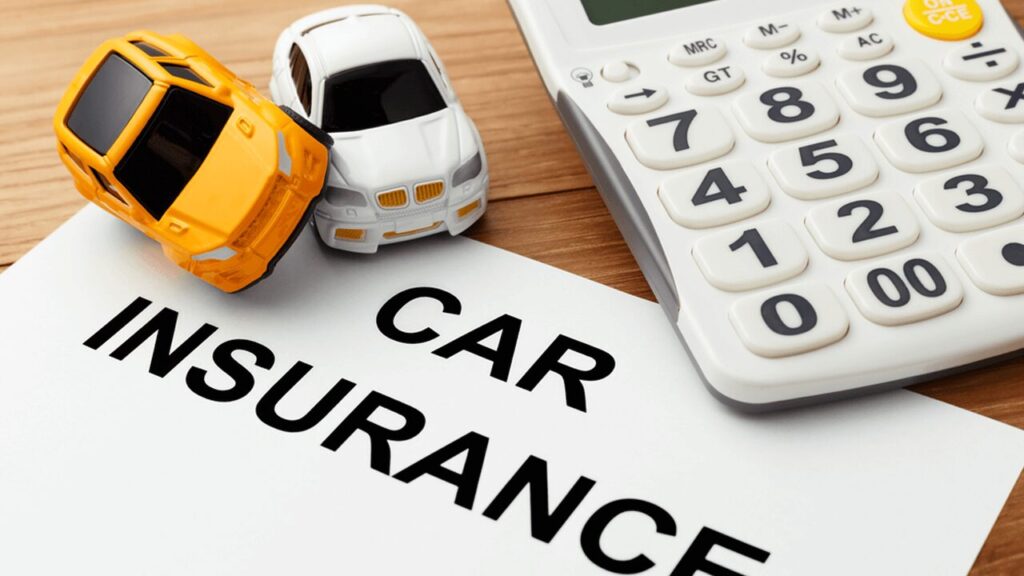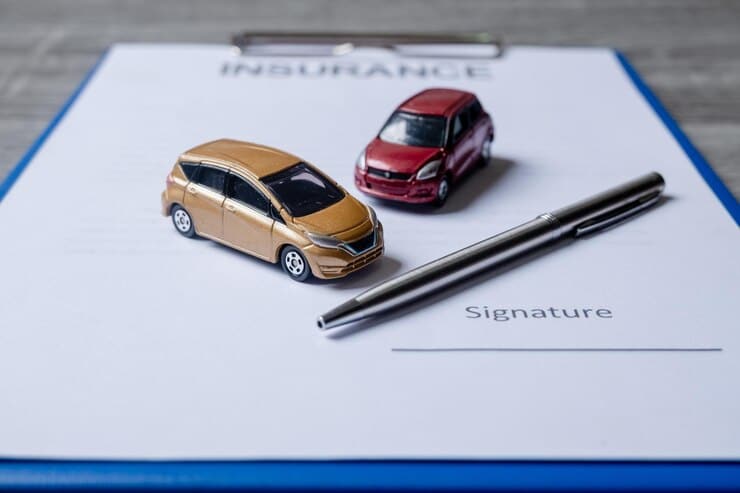We comprehend that picking the right vehicle protection inclusion can be overwhelming. In order to make an informed choice that fulfills your particular requirements, it is essential to have a clear understanding of the various types of car insurance coverage. We will provide detailed information about the various types of car insurance coverage, including their benefits, limitations, and how they can safeguard you and your vehicle while you are driving, in this comprehensive guide.
Liability Coverage
The most fundamental kind of car insurance coverage, liability coverage, is typically mandated by law in the majority of states. It safeguards you in the event that you are found to be at fault for an accident in which you cause property damage or harm to another person. Typically, liability insurance falls into two categories:
Bodily Injury Liability
If you cause an accident that causes injuries to others, bodily injury liability coverage helps pay for the other party’s medical bills, lost wages, and legal fees. Additionally, it safeguards you in the event that you are sued for bodily harm to another person.
Property Damage Liability
If you cause an accident that damages the property of another party, property damage liability coverage helps pay for the costs of fixing or replacing the other party’s property, like their vehicle. Additionally, it safeguards you in the event that you are sued for causing harm to someone else’s property.
Collision Coverage
The purpose of collision coverage is to cover the costs of repairing or replacing your own vehicle in the event of a collision, regardless of who was at fault. If you have a newer or more valuable vehicle, this kind of coverage is especially important because it can help you recover the costs of repairing or replacing your vehicle in the event of an accident.
Comprehensive Coverage
Damages to your vehicle that are unrelated to a collision, such as those brought on by theft, vandalism, fire, natural disasters, or hitting an animal, are covered by comprehensive coverage. It safeguards your vehicle from a wide range of unforeseen circumstances that could result in damage.
Uninsured/Underinsured Motorist Coverage
Uninsured/underinsured driver inclusion gives security in the event that you are associated with a mishap with a driver who doesn’t have protection or needs more protection to cover the harm. It helps pay for your medical bills, lost wages, and other damages that you would have been able to get back from the person who was at fault if they had enough insurance.
Personal Injury Protection (PIP)
Personal injury protection, also known as PIP, is a type of coverage that is required in some states and provides coverage for medical expenses, lost wages, as well as other costs brought on by an accident, regardless of who is at fault. PIP is also known as no-fault insurance because it provides coverage regardless of who caused the accident.
Medical Payments Coverage
Similar to PIP, medical payments coverage, also known as MedPay, covers medical expenses incurred as a result of an accident. Medical payment coverage, on the other hand, is typically an option rather than a requirement in most states, unlike PIP.
Gap Insurance
Gap insurance is an optional coverage that helps cover the difference between the actual cash value of your vehicle and the amount you still owe on your auto loan or lease in case your vehicle is totaled or stolen. This coverage can be particularly beneficial if you have a loan or lease on a vehicle that is worth less than what you owe on it.
Rental Car Reimbursement
An optional coverage called “rental car reimbursement” helps pay for the cost of renting a replacement vehicle while your own car is being fixed after an accident. You can relax knowing that you’ll be able to get around even if your car breaks down, thanks to this coverage.
Choosing the right car insurance coverage is crucial to protecting yourself and your vehicle on the road. It’s important to carefully review your options and consider factors such as your budget, driving habits, and the value of your vehicle when selecting car insurance coverage.
In conclusion, selecting the right car insurance coverage is a critical decision that can significantly impact your financial security and peace of mind on the road. Understanding the different types of coverage, such as liability, collision, comprehensive, and personal injury protection, is essential for ensuring you are adequately protected in various driving situations. Whether you’re concerned about damage to your own vehicle, medical expenses, or the risks of uninsured motorists, choosing the right combination of car insurance coverage will help safeguard you, your passengers, and your vehicle from unexpected events. Be sure to carefully evaluate your needs, budget, and driving habits to make an informed choice that offers both protection and value.









